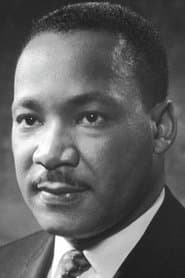Who We Are: A Chronicle of Racism in America
Jeffery Robinson's talk on the history of U.S. anti-Black racism, with archival footage and interviews.
Cast

Jeffery Robinson
as Self

Gwen Carr
as Self

Martin Luther King Jr.
as Self (archive footage)
Jeffery Robinson's talk on the history of U.S. anti-Black racism, with archival footage and interviews.

Jeffery Robinson
as Self

Gwen Carr
as Self

Martin Luther King Jr.
as Self (archive footage)